How fake documents, ‘deceitful behaviour’ secured Princess Diana interview for BBC’s Martin Bashir
Martin Bashir tricked Diana into giving her 1995 interview in which she spoke of her troubled marriage, finds retired judge.
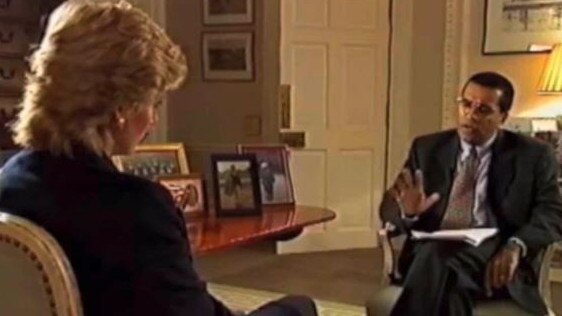
BBC journalist Martin Bashir has been lambasted for “deceitful behaviour” in the extraordinary efforts he undertook to secure the famous 1995 BBC Panorama interview with Princess Diana, who memorably uttered the lines “there were three of us in this marriage”.
Bashir was found to have “deceived and induced” Diana’s brother, Earl Spencer, into organising the broadcast interview after presenting fake bank statements, the investigation found.
The BBC is to return all awards it received for the jaw-dropping interview, which became a global television event for its shocking revelations about Diana’s failed marriage to Prince Charles and subsequent divorce.
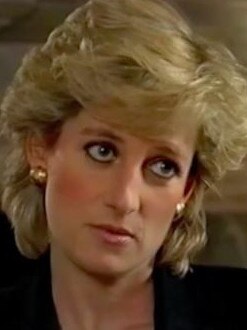
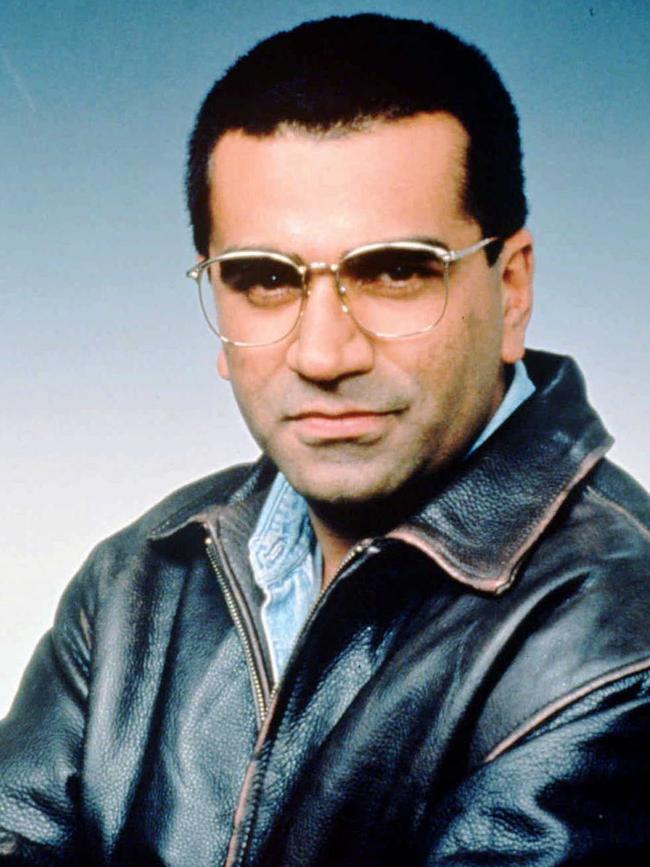
Lord Birt, director-general of the BBC at the time of the interview, said immediately after Lord Dyson’s 127-page report was handed down on Thursday: “We now know that the BBC harboured a rogue reporter on Panorama who fabricated an elaborate, detailed but wholly false account of his dealings with Earl Spencer and Princess Diana.
“This is a shocking blot on the BBC’s enduring commitment to honest journalism; and it is a matter of the greatest regret that it has taken 25 years for the full truth to emerge.”
Bashir is alleged to have organised for a graphic artist to mock up bank statements to falsely show two sums of money going into an account of Alan Waller, who was Earl Spencer’s former head of security, to fuel suggestions that Mr Waller was being paid by a tabloid newspaper. Bashir also claimed that Diana’s bodyguard was plotting against her and her friends were leaking to the press in a deception to encourage Earl Spencer to introduce him to his sister.
Earl Spencer wrote notes of the introductory meeting between Bashir and Diana on September 19 at which Mr Bashir fed into Diana’s insecurities.
Prince William and Harry react
Diana’s son Prince William issued a scathing statement saying the interview and way it was deceitfully obtained contributed to the worsening of his parents relationship. He has then accused the BBC of commercialising “a false narrative for a quarter of a century”.
William said: “The deceitful way the interview was obtained substantially influenced what my mother said. The interview was a major contribution to making my parents’ relationship worse and has since hurt countless others,” he said.
He added: “It brings indescribable sadness to know that the BBC’s failures contributed significantly to her fear, paranoia and isolation that I remember from those final years with her.”
William said that Lord Dyson’s findings are extremely concerning because BBC employees: “lied and used fake documents to obtain the interview with my mother;made lurid and false claims about the Royal Family which played on her fears and fuelled paranoia; displayed woeful incompetence when investigating complaints and concerns about the program; and were evasive in their reporting to the media and covered up what they knew from their internal investigation.”
A statement on today’s report of The Dyson Investigation pic.twitter.com/uS62CNwiI8
— The Duke and Duchess of Cambridge (@KensingtonRoyal) May 20, 2021
Prince Harry sensationally claimed that the BBC deception leading to his mother’s controversial interview cost his mother her life.
“My mother lost her life because of this, and nothing has changed,” Harry said.
“Our mother was an incredible woman who dedicated her life to service. She was resilient, brave, and unquestionably honest. The ripple effect of a culture of exploitation and unethical practices ultimately took her life.”
Outrageous claims
Bashir’s outrageous claims to clinch the scoop from the Princess included the Queen had heart problems and was “eating for comfort”, that Charles was in love with the nanny Tiggy Legge-Bourke; and that Camilla was “depressed, but quiet for time being”.
According to the notes, Bashir also claimed that Prince Edward was receiving treatment for AIDS at a London hospital.
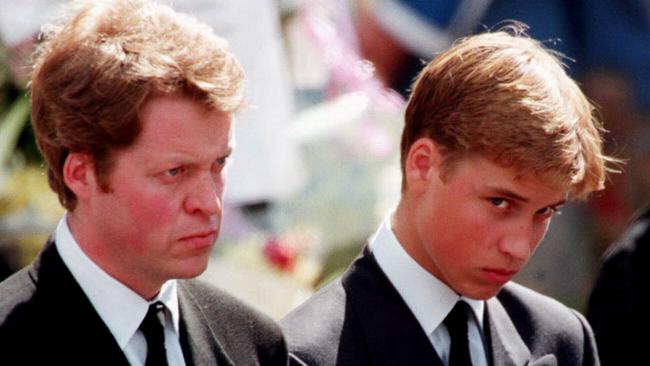
The BBC’s current director-general Tim Davie has said the corporation accepts “in full” the Lord Dyson findings and has apologised to the Royal Family.
“While the BBC cannot turn back the clock after a quarter of a century, we can make a full and unconditional apology. The BBC offers that today,” he said.
Embarrassingly for the BBC, it had conducted its own investigation in 1996, which Lord Dyson found to be woefully ineffective and a cover-up — and that it “thereby fell short of the high standards of integrity and transparency which are (the BBC’s) hallmark”.
Bashir said on Thursday in a statement: “I apologised then, and I do so again now, over the fact that I asked for bank statements to be mocked up. It was a stupid thing to do and was an action I deeply regret. But I absolutely stand by the evidence I gave a quarter of a century ago, and again more recently.
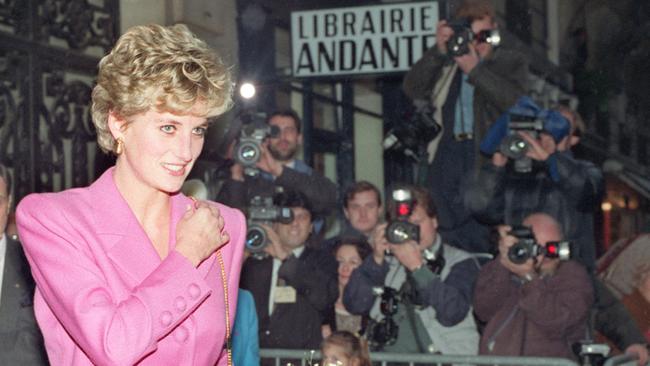
“I also reiterate that the bank statements had no bearing whatsoever on the personal choice by Princess Diana to take part in the interview.
“It is saddening that this single issue has been allowed to overshadow the princess’ brave decision to tell her story, to courageously talk through the difficulties she faced, and, to help address the silence and stigma that surrounded mental health issues all those years ago. She led the way in addressing so many of these issues and that’s why I will always remain immensely proud of that interview.”
Diana had written a note defending Bashir which formed part of the original BBC investigation and was verified by Prince William as being of his mother’s handwriting. Written on official Kensington Palace stationery and signed by Diana, it said: “Martin Bashir did not show me any documents, nor give me any information that I was not previously aware of. I consented to the interview on Panorama without any undue pressure and have no regrets concerning the matter.”
The report into the 1995 interview between Martin Bashir and Princess Diana was conducted by Lord Dysonhttps://t.co/xhEkcvL2mF
— BBC Breaking News (@BBCBreaking) May 20, 2021
But Earl Spencer said: “The irony is I met Martin Bashir on the 31st of August 1995, because exactly two years later she died. And I do draw a line between the two events.
“It’s quite clear from the introduction that I sat in on the 19th of September 1995 everyone was going to be made untrustworthy, and I think that Diana did lose trust in really key people.
‘This is a young girl in her mid-30s who has lived this extraordinarily turbulent and difficult time in the public eye. She didn’t know who to trust and in the end, when she died two years later, she was without any form of real protection.”
Bashir, 58, has had various health issues in recent years and has resigned from the BBC.


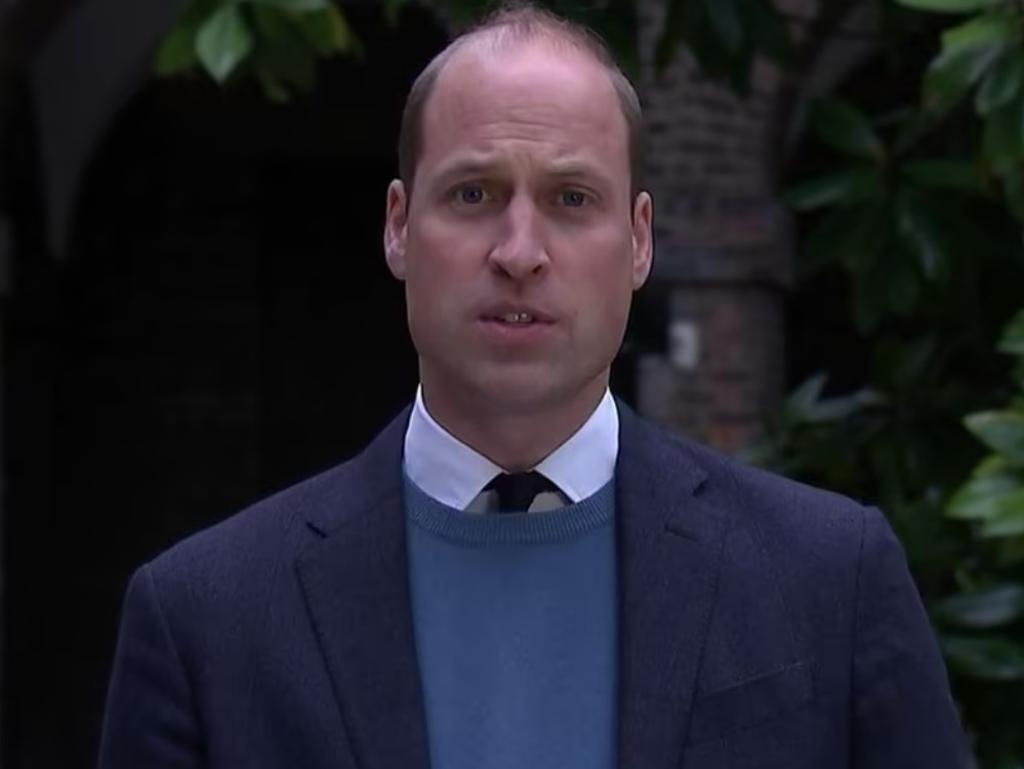

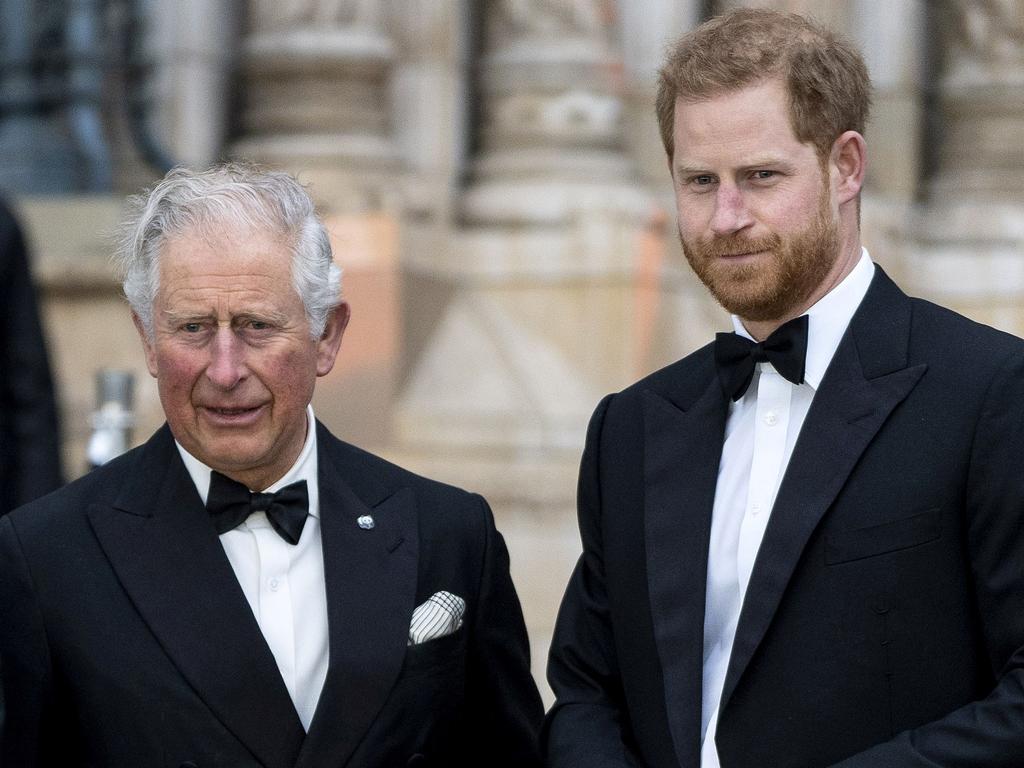


To join the conversation, please log in. Don't have an account? Register
Join the conversation, you are commenting as Logout